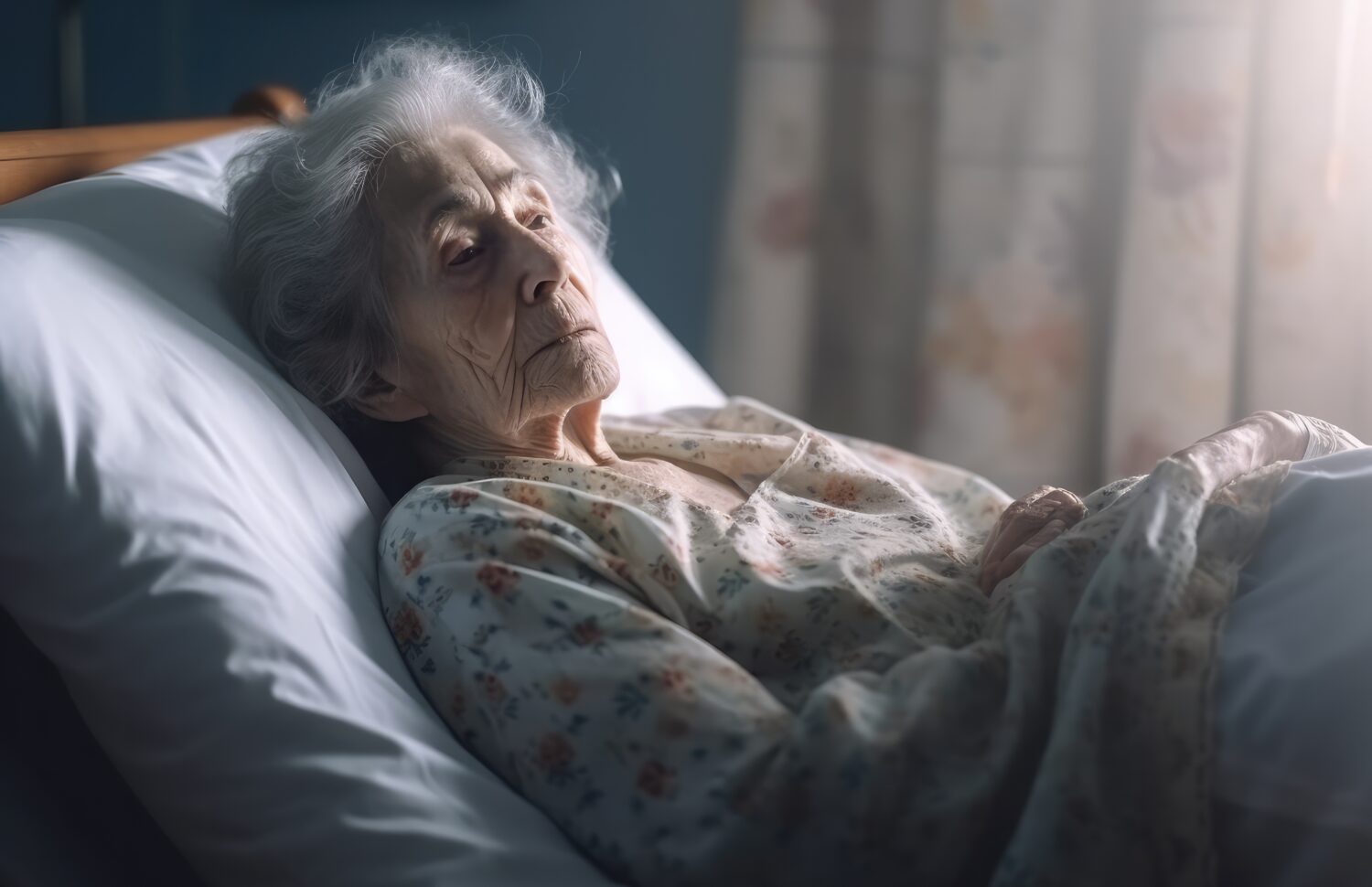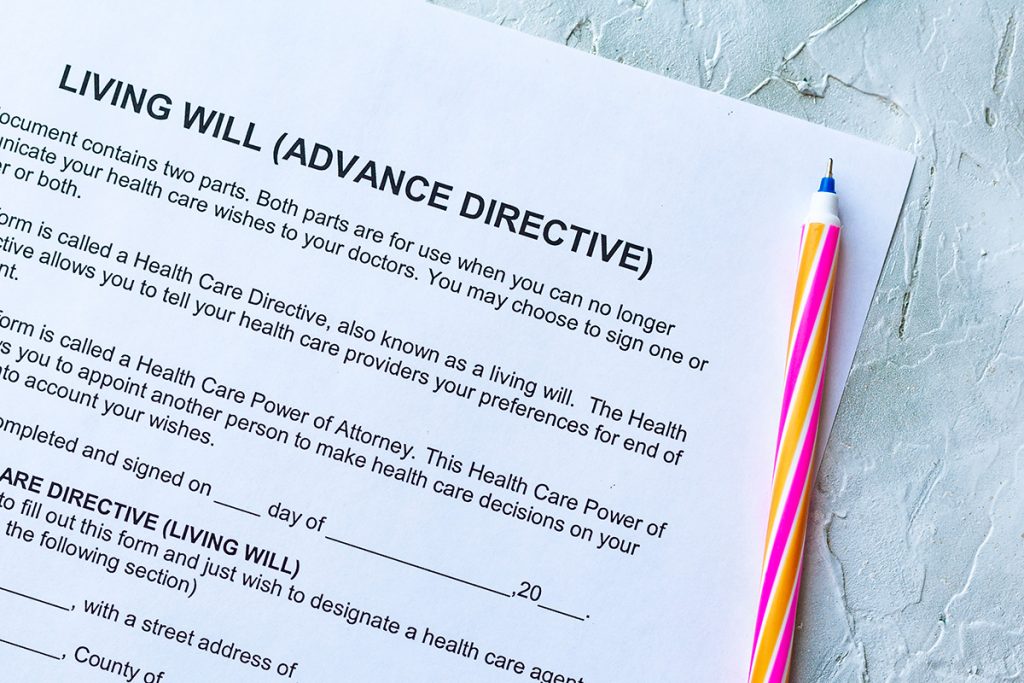
When Silence Isn’t a Choice: The Human Cost of Losing Capacity
How a Living Will protects you when it counts
Health isn’t just about procedures or policies, it’s about people. That’s why this powerful post from the British Institute of Human Rights (BIHR) caught our attention. It explores the lived experiences of patients and care home residents who suffered deep emotional and psychological distress when access to loved ones was restricted during the pandemic.
This isn’t just about COVID. It’s about how human rights, such as the right to family life and dignity, must remain protected in times of crisis. And it raises urgent questions about how our medical system balances safety with compassion.
What the BIHR Article Highlights:
- Patients and residents were often isolated for weeks or months, unable to see close family members.
- In many cases, this led to severe emotional decline, especially for older people and those with learning disabilities or dementia.
- The article reminds us that human contact is not a luxury; it’s a right.
- It calls for greater accountability and rights-informed policies that respect the individual, not just the system.
Supporting staff to uphold human rights
Following a two-part human rights programme with BIHR, they asked NHS staff what changes they intended to make. Out of 223 respondents…
193 – said they would review their own or others’ decisions about people’s support, which risks their human rights
117 – said they would review their organisations’ policies or services to see if they could make improvements
188 – said they would review blanket decisions or approaches within their or partner organisations
You can read the full BIHR article here:
👉 The Importance of Visitors for Residents and Patients
Why This Matters More Than Ever

When a crisis strikes, whether it’s a sudden accident, a hospital admission, or a national emergency, decisions are often made without consultation, and the person most affected may be left voiceless. The BIHR’s work shows just how fragile our rights can become when policies override personal choice.
And let’s be clear: loss of capacity isn’t just about developing dementia. It can happen in a heartbeat, if you’re unconscious, under anaesthetic, sedated, or even heavily medicated. In those moments, you can’t speak for yourself, and the system will default to its own protocols unless you’ve already put your preferences in writing.
That’s where My Medical Choice steps in. By creating a legally binding Advance Decision Notice (ADN) — also known as a Living Will, you can clearly document your healthcare preferences in advance. This empowers your loved ones, ensures that your voice is heard, and adds an extra layer of legal protection when it matters most.
But My Medical Choice goes beyond just the ADN. Our system includes secure, online access for emergency teams, medical ID alerts, and even private donor support for blood-free surgery, all designed to ensure your wishes are honoured when you’re unable to advocate for yourself.
We make it simple, secure, and legally sound, so that in the worst of times, you still have control.
Your ADN isn’t just a form; it’s a safeguard against confusion, fear, or being sidelined in moments when every second counts.
Want to See the Full Picture?
If you’re wondering how an Advance Decision Notice compares to a full medical legal protection system, and which is right for you, we break down the key differences in this helpful article:
Advance Decision Notice v Medical Legal Protection System: Features and Benefits
Because protecting your medical rights isn’t a luxury, it’s a necessity.
Just a friendly reminder that no information in this publication constitutes legal or medical advice from My Medical Choice or any of our affiliates and the contents of this document are for educational and support purposes only.
